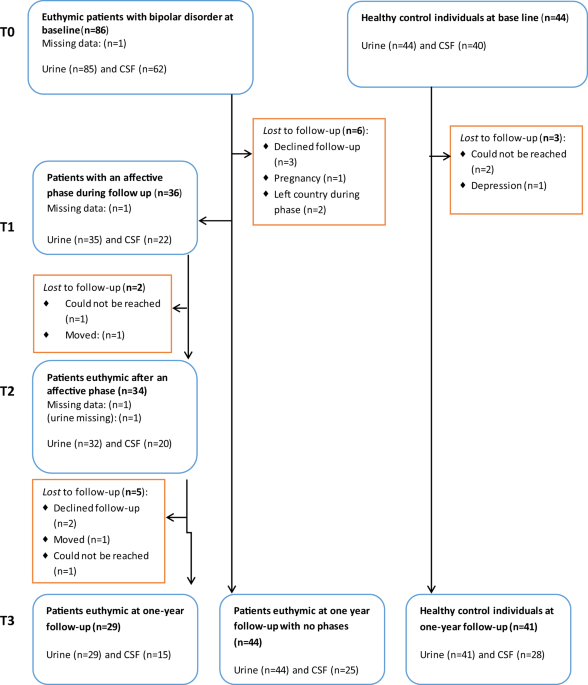
- Select a language for the TTS:
- UK English Female
- UK English Male
- US English Female
- US English Male
- Australian Female
- Australian Male
- Language selected: (auto detect) - EN
Play all audios:
IS ONE VERSION WRONG OR DO THEY MEAN DIFFERENT THINGS? English speakers may struggle to know when to use ‘_un_’ or ‘_une_’ in French, but some words cause the same confusion even for French
speakers, including the word ‘_après-midi_’. It is rare, but some words in French like this do not have a clear masculine or feminine gender, and may be said both ways. Examples also include
‘_hymne_’ (hymn), ‘_enzyme_’ (enzyme), and ‘_réglisse_’ (liquorice). The word après-midi is usually considered to be a masculine noun, but can - as states the Littré dictionary - be used in
the feminine too. DIFFERENT DESCRIPTIONS OF TIME The feminine form of the noun is often used when it could be replaced with a feminine synonym, usually to denote a longer, spread-out period
of time. For example: Using it to describe time that could also be referred to as _une matinée_ (over the course of a morning), or _une soirée_ (over the course of an evening). The feminine
version is sometimes seen as more poetic or literary, with authors Baudelaire, Zola, and Giono favouring it. Zola, for example, wrote in 1891, in the book _Argent_: “_Une après-midi très
froide des premiers jours de novembre_ (A very cold afternoon in the early days of November).” In contrast, the masculine form typically refers to a specific day or event (such as the
afternoon of a given day). It was also the favoured version used by writers Camus, Maupassant, Flaubert, and Proust, who arguably wrote in a more clipped, sparse style. READ MORE: 12 FACTS
ABOUT THE FRENCH LANGUAGE CHANGE IN USE OVER THE YEARS A Google Books Ngram comparison of the word used in French language books up to 2012 shows that the feminine form was used more or less
interchangeably until around 1850, and then used more often until about 1915. After that, the forms gradually overlapped until around 1946, leading to a clear drop-off in the feminine form
from the 1950s onwards. As of 2008, ‘_un après-midi_’ is used over three times’ more often. An analysis of articles in newspaper_ Le Monde_ shows a similar story since the 1950s. ‘OFFICIAL
RULES’? French language authority l’Académie française has also shifted in its recommendations for the word. Up until the seventh edition of its dictionary in 1878, it recommended using the
feminine. READ MORE: ‘UNLIKE ENGLISH THERE IS A RIGHT AND WRONG WAY TO SPEAK FRENCH’ After that, and in the latest edition (published in the late 1980s), it uses the masculine, for ‘_un
après-midi’_. It justified this by saying that the word ‘_après-midi_’ comes from ‘_midi_’, which is a masculine noun. So technically, you can write and say ‘_un bel après-midi_’ or ‘_une
belle après-midi_’, and both are correct, but you may wish to err towards the masculine, given the academy’s recommendations and modern usage. When it comes to the plural, the Académie
française also now recommends that ‘_des après-midis_’ is used. In contrast, before the 1900s, the word did not change between the singular and plural. RELATED ARTICLES COMMENT: WHY FRENCH
INSTITUTIONS MUST STOP THEIR DAFT USE OF FRANGLAIS 10 COMMON FRENCH SAYINGS TO IMPROVE YOUR LANGUAGE SKILLS FIVE LANGUAGE ‘FAUX-AMIS’ THAT CONFUSED ME AS A FRENCH PERSON IN US






